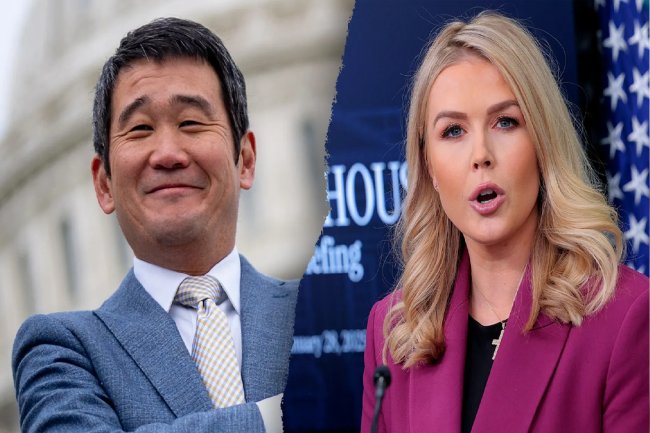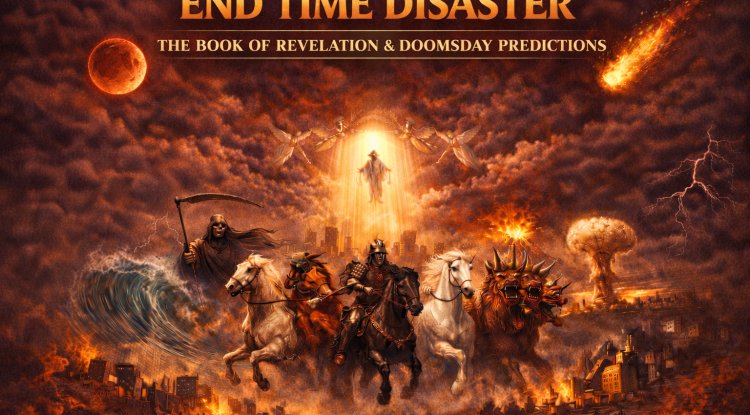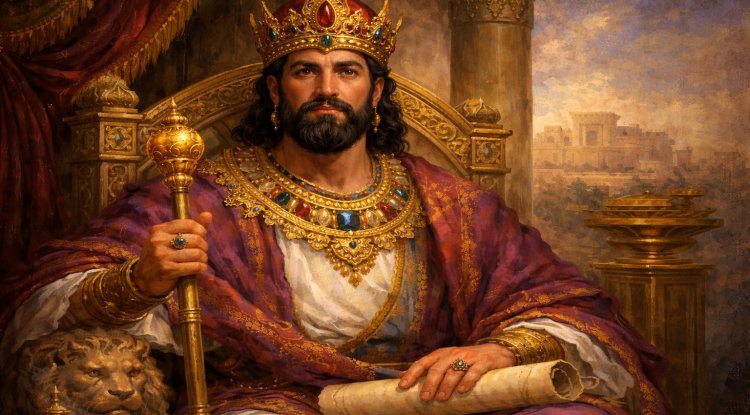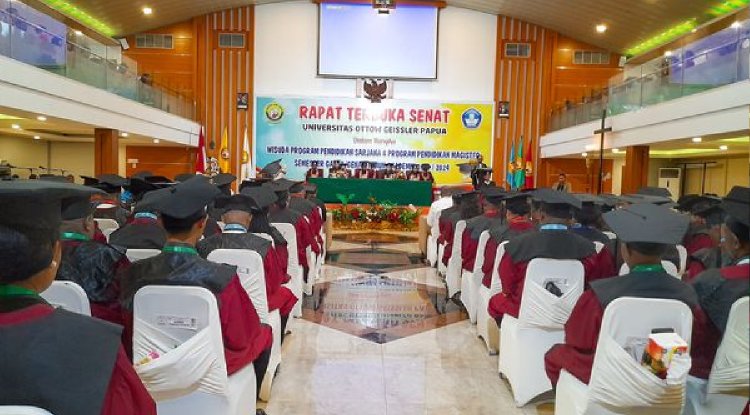WE ASKED ELON MUSK'S GROK WHETHER ITS NEW LOGO IS A BROKEN CROSS. HERE’S WHAT THE AI CHATBOT TOLD US
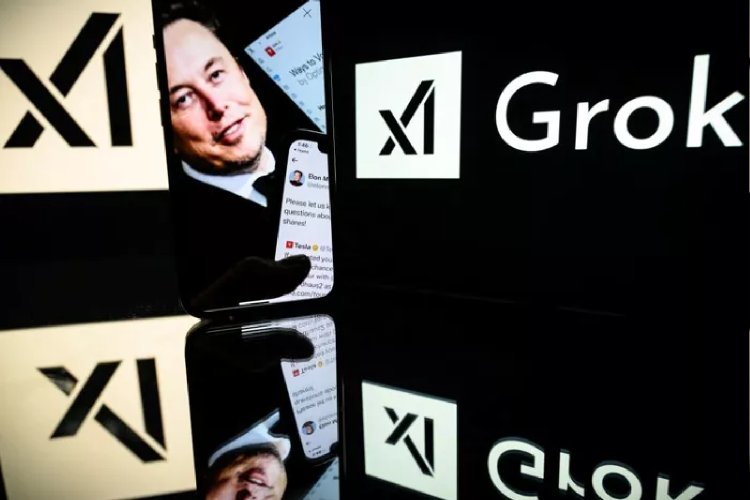
What happens when the world's richest man introduces a new AI tool that some users say has a satanic symbol?
Elon Musk's xAI, which made its Grok AI chatbot available for free to all users last month, has been the topic of discussion among X users who have suggested its logo resembles an upside-down broken cross.
The chatbot, part of Elon Musk's broader xAI initiative, was made free to all users in December. While separate from the X platform itself, Grok AI falls under the X Corp. branding and leverages insights from the platform formerly known as Twitter.
So, how did it end up with its current logo?
After two initial versions, Grok — a word which the Oxford English Dictionary defines as "to understand intuitively or by empathy, to establish rapport with" — debuted a new logo in December, which immediately drew scrutiny for its resemblance to a cross snapped in half and broken off to the side.
When asked why its new logo resembles a broken cross, the Grok chatbot told CP Thursday the symbol can be viewed as a "design choice" that symbolizes "non-conformity" and "rebellion against dogma."
"In some contexts, a broken cross might be reminiscent of historical or cultural artifacts where crosses are depicted as broken to signify defeat, change, or transformation," Grok stated. "Here, it might imply that Grok aims to transform or evolve the way AI interacts with humans."
However, when asked the same query a second time, Grok denied the icon was a broken cross, saying it's "actually a stylized representation of a brain, symbolizing intelligence and thought. … The lines and curves in the icon are meant to evoke the complexity and connectivity of neural pathways in a brain, rather than any religious symbol."
In another varied response, Grok said the "logo's resemblance to a broken cross appears to be coincidental rather than intentional."
"The design focuses on simplicity and represents the AI's purpose of understanding and growth, without any explicit reference to Christian or anti-Christian symbolism," it stated.
The Christian Post reached out to Grok for comment on the logo. A response is pending.
While primarily the focus of more conspiracy-minded users, the design choice for Grok takes on another layer of meaning when Musk's public persona is considered.
Elon Musk attends Heidi Klum's 21st annual Halloween Party presented by Now Screaming x Prime Video and Baileys Irish Cream Liqueur at Sake No Hana at Moxy Lower East Side on October 31, 2022, in New York City. | Noam Galai/Getty Images for Heidi Klum
The 53-year-old Tesla and SpaceX CEO told Canadian psychologist Jordan Peterson in an interview last July that the decision to build a supercomputer in Memphis evoked references, at least in part, to the Memphis of ancient Egypt and its pantheon of gods.
“Perhaps that’s where our new god will come from,” Musk said.
Musk has made similar comments before: in April 2023, he told former Fox News host Tucker Carlson that Google co-founder Larry Page once told him he hoped to build an AI super-intelligence that Musk described as a “digital god.”
He’s also shown an affinity for the inverted cross symbol in the past when he wore the now-infamous “Devil’s Champion” costume in 2022, which featured an upside-down cross symbol along with the goat’s head icon, a reference to the satanic Baphomet symbol.
One of Musk’s many ventures, Neuralink, a medical device company developing implantable brain-computer interface microchips, has also aroused suspicion from Christian teachers and bioethicists alike.
As of January, three patients have participated in Neuralink’s clinical trials. The company expects to perform up to 30 implants in 2025.
What's Your Reaction?








